I am having a tough time. I need a second 4K capable camera. It needs to be light and also take good pictures. There are quite a few options open to me but none works perfectly. Going back to the opening sentence though, the keyword is need. I need this camera for certain projects I am working on. This brings us to the dilemma of the modern day photographer, buying new equipment.
We are bombarded with adverts, press releases, and articles about the latest and greatest piece of photographic equipment. The marketers burrow into the darkest recesses of our minds, triggering our desires for their wares. We read glowing articles about how much this product will change our photography for ever. In short, we are being played. So the question is, do you really need it.
Want vs. Need
The first question you must answer is do I need this equipment or do I want it? It’s a simple question that can actually take months to answer. The problem is we are often less than honest with ourselves when answering the question. We will try to find all sorts of justifications for buying it, many quite irrational, some quite reasoned. I have found the best thing to do is to think for short periods about the purchase then come back to it later. You are less likely to make an irrational decision this way. Let’s look at some of the questions we can ask ourselves in order to make an informed decision.
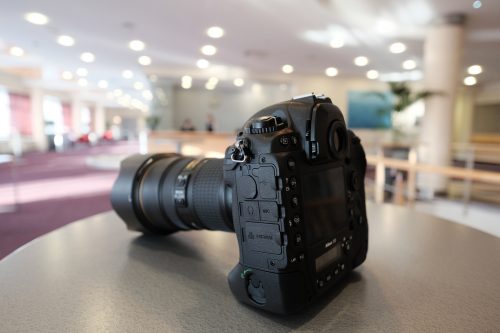
What will it add to my photography?
This is fundamental to making a decision. Again it can be very easy to justify, for example, a new lens, but are those justifications based in reality? A classic is, I can make some money selling my images. If you are not already making decent money from photography, buying new kit is not going to change anything. What you are looking for is genuine reasons why that price of kit will improve or expand your photographic abilities.
You might, for example, be getting some good close up shots using a lens reverser. In this case, you might be fully justified in purchasing a macro lens. If you are shooting a lot of indoor portraits a decent, well-specified flashgun could be justified.
The key is to analyze your photography, understand where your strengths lie and to decide whether a purchase will enhance that strength or open greater creative possibilities.

Cost can you afford it?
Another very pertinent question is whether you can afford it. Not only that but also whether there are cheaper alternatives. If you are making a living from photography you can offset the cost against any improvement in revenue. If you are an enthusiast photographer you need to look more carefully. Is there any point in getting into debt to buy a piece of equipment? If you have the money available is it being taken from something more important. Again it is very easy to self-justify but you need to be brutally honest with yourself and not get suckered into the marketing hype.
Another consideration with price is whether there are cheaper alternatives. This is particularly true with third party lens companies. Sigma, Tamron, Tokina and others all build high-quality lenses that rival their OEM counterparts. These are often significantly cheaper for the same quality.
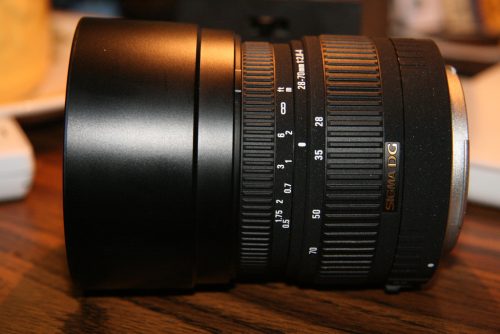
Where to Buy
The last part of the photographer’s dilemma when purchasing, is where to buy? If I can I will always use a proper bricks-and-mortar photographic store, but they are becoming increasingly rare and often do not stock the items I might want. That leaves us with the minefield that is the internet. The very biggest photographic stores will also have a good online presence and a good returns policy. That will be countered by the fact they might not have the cheapest prices.
Ebay and Amazon are often a good source for cheaper prices but do your research, check the credentials and history of the store you are buying from. Also, check whether that product is a grey import as this may affect warranties.
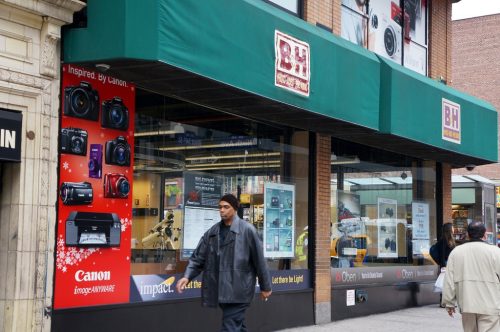
The hardest part about buying new equipment is often the decision making. You need to be very honest with yourself in trying to justify a purchase. Try to ignore the want side and concentrate on the need. If you need it, can afford it and it improves your photography then the time taken to reach a decision is well made.

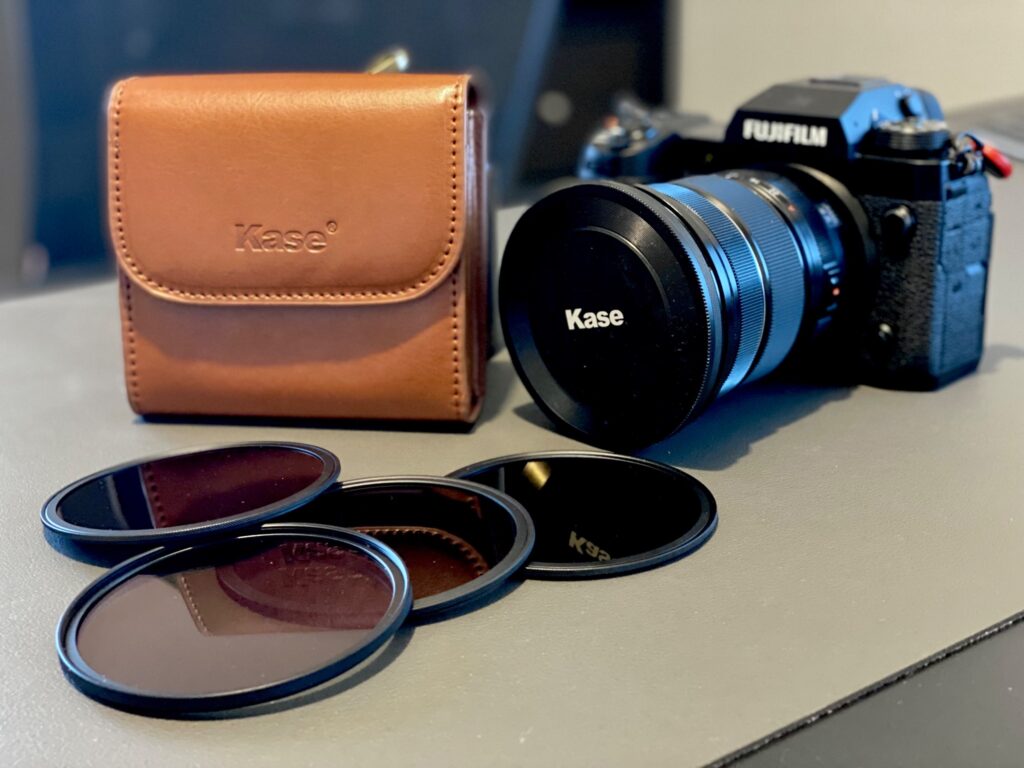
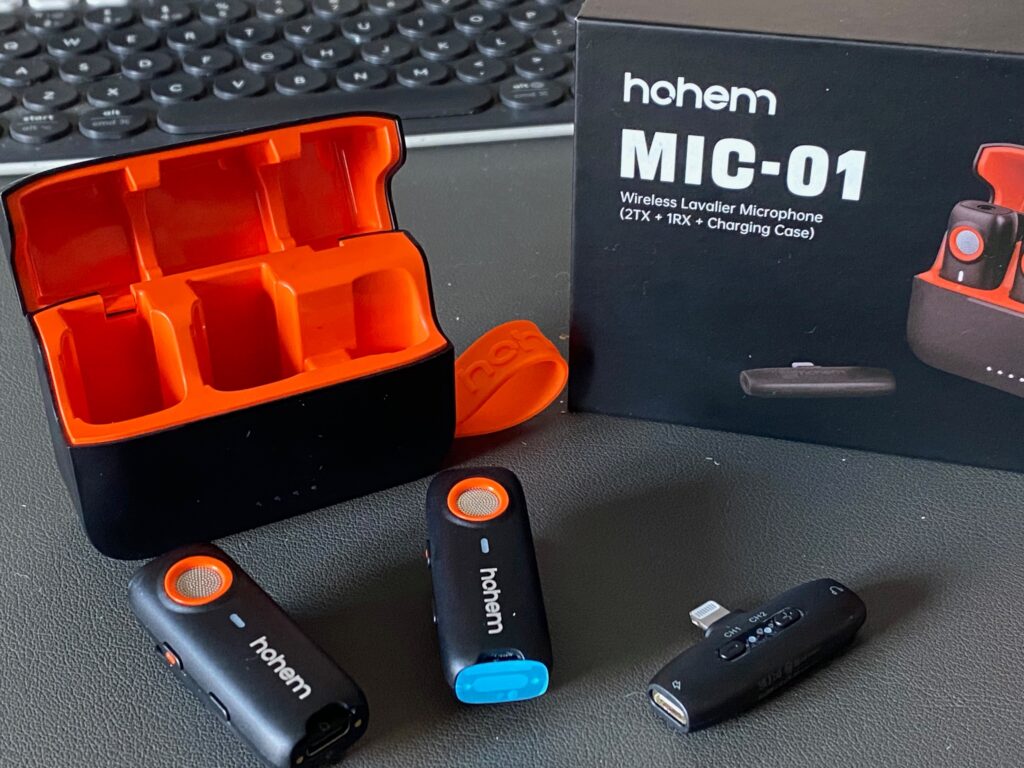
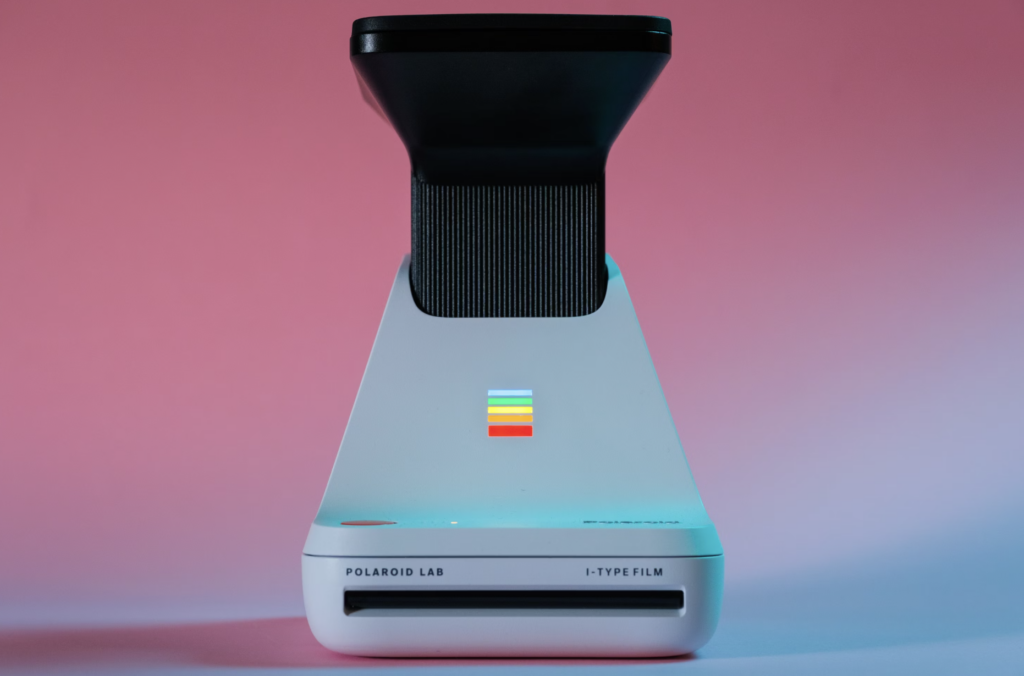
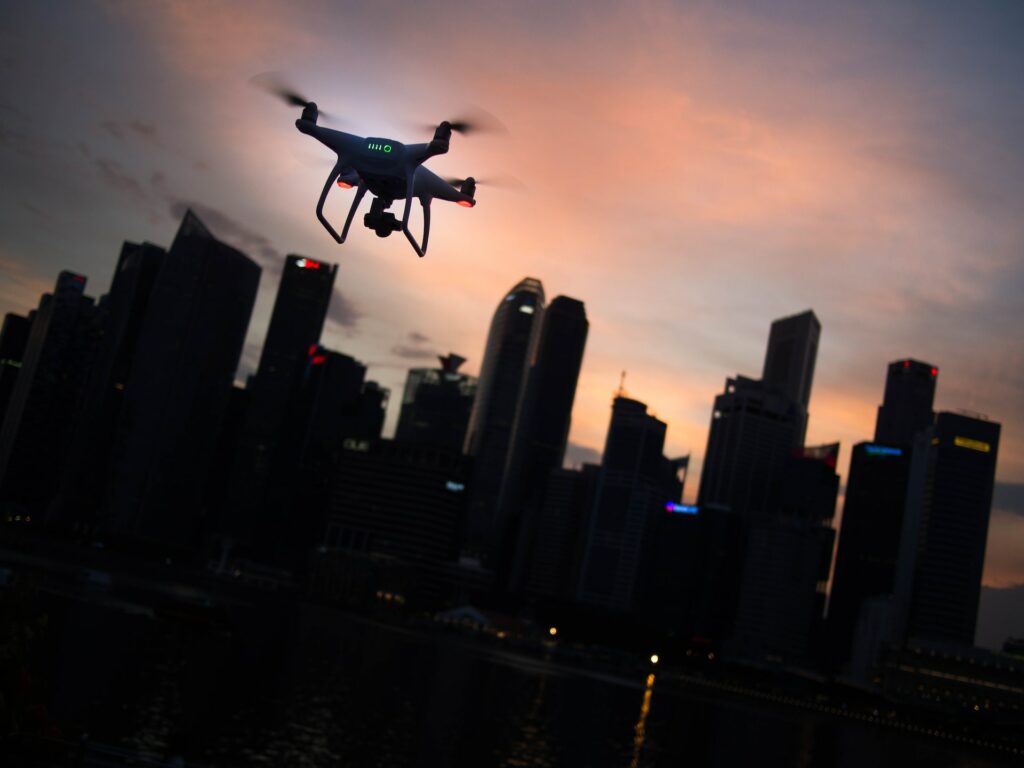
2 Comments
Loved your article, Jason – very sensible comments & advice. Maybe I should keep copies in my camera bag, to hand to the next person who sits at the next table, armed with 5 Leicas and travelling with a lady friend who only had 3 of them around her neck – because his wife refused to come on their trip.
As I am printing my photos, I keep a log/diary, and analyse what I have been doing.
Amongst other things**, I find this is of great assistance in assessing whether I “need” any equipment that I don’t already have. And in monitoring the extent to which I actually do use the equipment I’ve already purchased – which helps assess whether it’s time to get rid of any of it.
**(It also helps me self-appraise my photography, identify errors and improve my technique)
Glad you liked the article Jean. I used to be a huge gearhead myself, buying the latest and greatest, often beyond my means. When I started to work for myself as a freelancer, my purchases came with much more forethought. These days if a piece of equipment is not going to improve my revenue, its not going to get bought. Making a living from photography really focusses your mind on the want or need aspect. My latest purchase, the X-T2 Fuji had at least three months of thinking before I bought it.